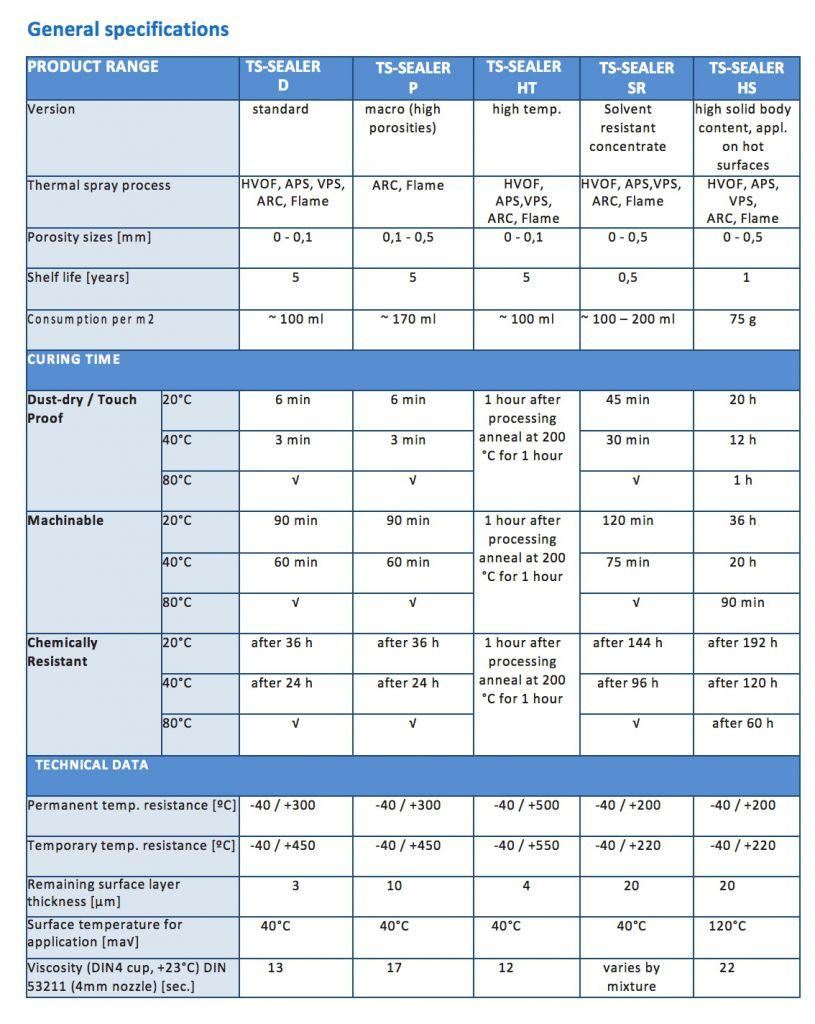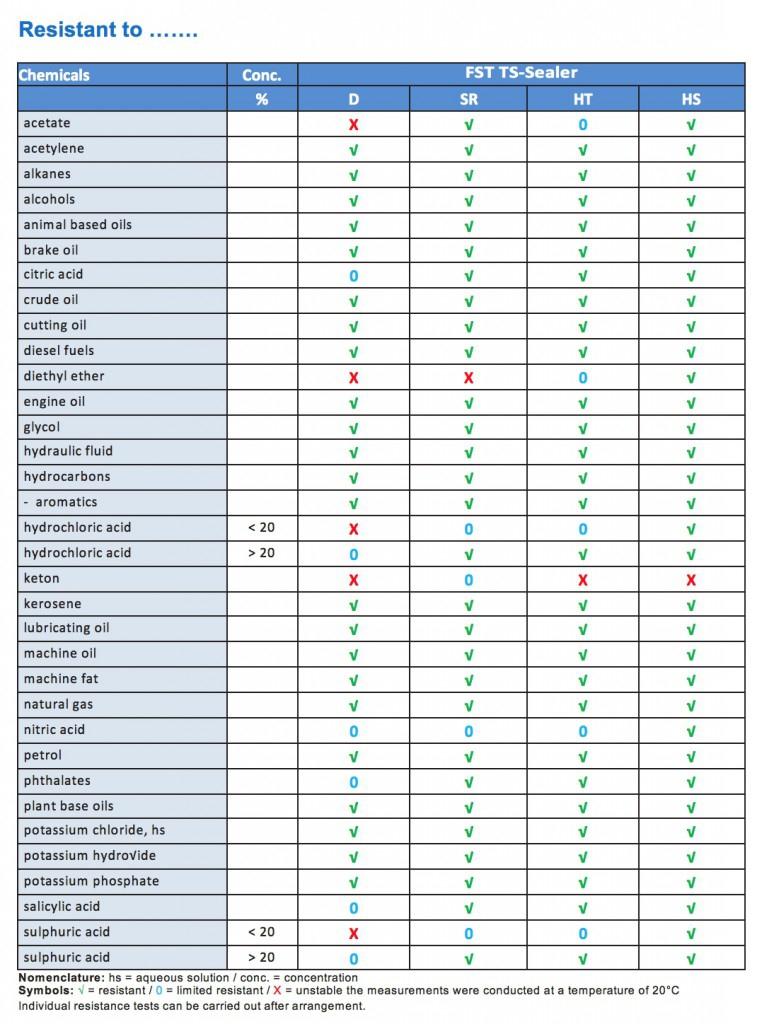It is a fact that thermal spray coatings have process-related residual porosities, meaning they are not resistant to gases or liquids. This porous nature of thermally sprayed coatings is often an advantage, such as when lubricants need to be retained to prevent wear. However, porosity in thermal spray coatings can easily lead to corrosive elements being trapped beneath the coating, resulting in hairline cracks in the coating and/or substrate or even complete coating and bond failure. Luckily, there is a solution to prevent this…
At EPC, we recommend the use of thermal spray sealers on any porous coating systems (such as ceramics) that are designed to be used in liquid or atmospheric chemical environments, and for metallic coatings that have higher nobility than the substrate. Coatings that are anodic with respect to the substrate may also be sealed to improve coating service life.
EPC stock capillary highly effective TS-Sealers that penetrate deep into the porous thermal spray coatings and help to fill any existing hairline cracks. Once dried and cured, these sealers form a protective barrier, ensuring the longevity of both the spray coating and the substrate beneath. What’s more, our TS-Sealers are very quick and easy to apply via brush or spray, making them perfect to use on even the most complex of structures.
Sealers are more effective when applied to surfaces that are clean, dry and free of oil, grease, dirt, corrosives, paint, mill scale, and any other foreign matter.
Typical Uses and Applications of TS-Sealers include, but are not limited to:
- Bridges, trestles, and other outdoor structures
- Farm equipment
- Hydraulic pistons
- Marine equipment and structures
- Petrochemical plants
- Printing cylinders
- Pulp and paper machinery
- Pump seals, shafts, plungers, and housings
- Storage vessels, tanks, and waste containers
- Transformer cases
As a rule of thumb to ensure maximum corrosion resistance, all sealers should be applied directly after thermal spraying and fully cured prior to finishing, and we recommend that you reapply a light coat of sealer after finishing to assure optimum sealing.
Finally, it’s worth noting that the heat generated during machining may cause premature and non-uniform curing of the sealer, and grinding uncured sealers may block the grinding wheels. By applying TS-Sealers before any machine element applications, you can prevent contamination of the coating pores and provide a cleaner initial ground finish. Sealers can also be used to fill coating pores where high pressures are encountered, such as hydraulic rams and pump shafts, preventing fluid seepage through pores.
TS-Sealers Safety and Handling Recommendations:
- As some settling may occur, liquid sealers should be stirred or mixed thoroughly prior to use
- Ensure that opened containers of liquid sealers are tightly sealed when not in use
- Store in environmentally-controlled conditions. Avoid extremely hot or cold storage conditions
- TS-Sealers typically contain flammable materials and should be stored and handled accordingly. See the MSDS (Material Safety Data Sheet, available at EPC) for the applicable product and tailored to the country where the material is used


![]() FST Greenbook-2020 – Sealer section
FST Greenbook-2020 – Sealer section
